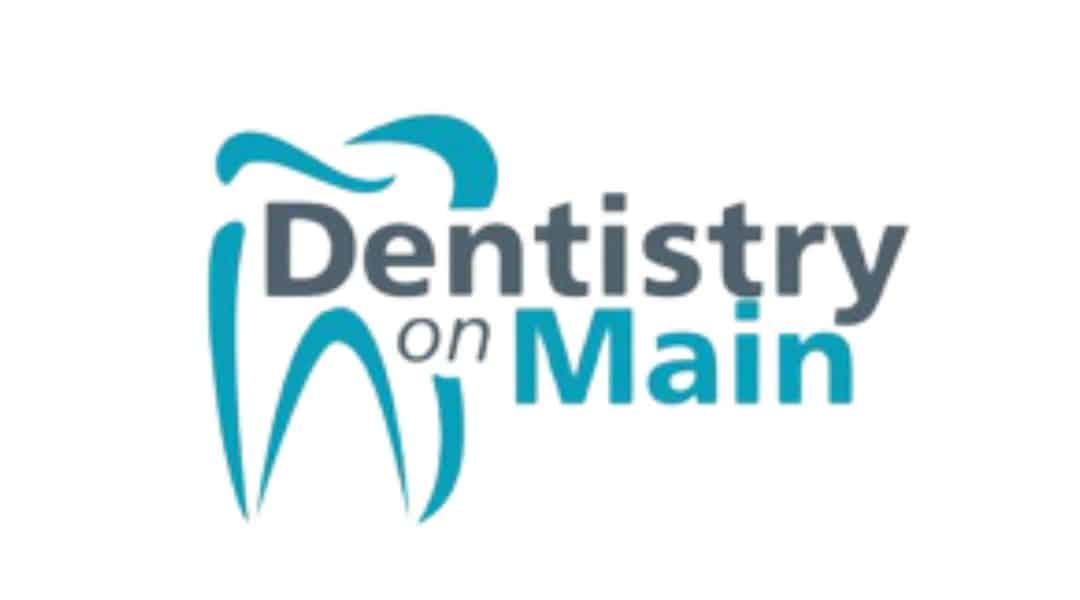Sensitive Teeth Fix
Sensitive teeth? OUCH!! We have all had the unfortunate experience of tooth sensitivity. It may have been from an ice-cold popsicle or steaming hot cup of coffee, but we have all experienced it at one time or another. Sensitive teeth (or dentin hypersensitivity) can be defined as experiencing pain and discomfort when teeth are exposed to certain stimuli. When an individual has sensitive teeth, everyday routine activities such as brushing, eating, and drinking certain foods and beverages may elicit a sharp but memorable pain.
Sensitive teeth can have a negative impact on the quality of our lives. Tooth sensitivity is among the most common complaints patients present to their dentist. In fact, about one-third of the Canadian adult population suffers from tooth sensitivity.
What Causes Sensitive Teeth?
Why have your teeth become sensitive? Why are you now thinking twice about your favourite hot cup of chai Latte? Well, let’s first get a basic understanding about your teeth.
Your teeth are made of several protective layers. The outermost hard layer is known as enamel. This hard, translucent layer covers the exterior and crown of the teeth and protects the underlying soft parts from damage. The middle layer is called the dentin. Dentin is enriched with calcium and is composed of minute hollow tubules that originate from the inner pulp of the tooth. The innermost non-mineralized layer of the tooth is known as dental pulp and is very soft and sensitive. The dentin and enamel above it provide protection to the vessels and nerves running in the dental pulp.
When the tooth loses enamel, the dentin is exposed to the external environment. Stimuli such as hot, cold, spicy, and sweet foods traverse the hollow channels of dentin and irritate the nerves in the dental pulp. This is what causes that sharp excruciating tooth pain that we all dread.
Here are just a few causes of damage to the tooth enamel that can cause tooth sensitivity.
- Prolonged grinding and clenching of the teeth damage the enamel and expose the dentin. Excessive and forceful brushing of teeth can also cause sensitive teeth.
- Inflammation of gums can expose the nerves in the pulp as the supporting ligaments are lost.
- Broken teeth can accumulate plaque laden with harmful bacteria. This causes inflammation and will irritate the dental nerves.
- Excessive use of baking soda and peroxide also wears down the tooth enamel.
- Acid-containing mouthwashes and consumption of acidic food also erode the enamel.
- Dental procedures may also cause temporary teeth sensitivity.
What are the Treatment Options for Tooth Sensitivity?
Following are just a few ways to treat and prevent the onset of tooth sensitivity.
Best Toothpaste for Sensitive Teeth
Hot and cold stimuli are mainly responsible for eliciting sharp pain in sensitive teeth. Toothpaste products made for sensitive teeth contains potassium nitrate, stannous fluoride, and strontium chloride. Potassium nitrate, which acts as a nerve-calming agent, helps develop nerve resistance against hot, cold, and sweet stimuli. Stannous fluoride forms a protective layer over the sensitive areas of the teeth which reduces tooth pain. Lastly, the strontium ions within strontium chloride reduce tooth sensitivity by blocking the fluid flow within the tiny tubules in the teeth. Consult your dentist to help determine the most suitable toothpaste for you based on your individual case.
Use A Softer Toothbrush
The train of thought that using a toothbrush with hard bristles will clean your teeth better is a common misconception among most people. A hard bristle toothbrush may erode your tooth enamel and expose the dentin of the tooth which leads to tooth sensitivity. Softer toothbrushes, along with the right toothpaste for sensitive teeth, are a healthier combination for dental health. Toothbrushes with softer bristles are more effective for plaque removal and don’t lead to micro-injuries of teeth and gums.
Use a Mouthguard During Sleep
Many people suffer from Bruxism, which is a fancy word for clenching and/or grinding of the teeth while sleeping and even in whilst awake. This is one of the common movement-related sleeping disorders observed in people. While Teeth grinding does not necessarily require treatment, it has harmful effects on teeth. Grinding of teeth against each other damages the enamel, and exposes the layers underneath. This results in tooth sensitivity which worsens with further clenching and grinding of teeth. Soft and custom-made mouthguards can be worn while sleeping to prevent teeth surfaces from grinding against one another and reduce the damage caused to the tooth enamel.
Saltwater Mouthwash
The pH imbalance created by consuming acidic foods and beverages as well as using an acidic mouthwash is another common cause of enamel erosion and tooth sensitivity. Simply rinsing your mouth daily with a saltwater mouthwash will help neutralize the pH of the mouth. This not only protects the tooth enamel from erosion but also reduces the bacterial growth in the plaque. This suppresses inflammation and irritation of nerve roots caused by bacteria. Dissolve two teaspoons of table salt in a glass of warm water and use this rinse twice a day in the morning and at night.
Dental Varnishes and Dental Coatings
Your dentist may use fluoride varnish to fill in the enamel holes and hollow channels of the dentin layer of teeth. This reduces the exposure of nerves to hot, cold, and other stimuli which result in sharp pain otherwise. Plastic and other bonding agents are used in dental coatings to provide support and strength to the enamel and dentin layers. Intact enamel and dentin reduce tooth sensitivity.
Gum Examination by Dentist
Consult your dentist as soon as possible when suffering from tooth sensitivity. It is possible that your tooth sensitivity is being caused by more serious underlying dental issues. Inflamed and receding gums are common causes of tooth sensitivity. As the gums recede, the roots, which are not lined by enamel, are exposed to irritating stimuli. Identifying and treating gum disorders play a significant role in combating tooth sensitivity.
Avoid Teeth Sensitivity Triggering Foods
While treating sensitive teeth, avoid these foods whenever possible to prevent the worsening of the condition. The food items include coffee, tea, carbonated drinks, pickles, and excessive amounts of citrus fruits. Also, eliminate extremely hot and cold foods from your diet to avoid the irritation of the sensitive teeth.
Nobody likes having sensitive teeth. Tooth sensitivity hinders routine activities, decreases appetite, and leads to weight loss. Since brushing the teeth produces sharp pain in those with sensitive teeth, they tend to avoid cleaning their teeth which further gives rise to a myriad of problems. Regular dental appointments and healthy hygiene habits reduce the pain associated with tooth sensitivity and may even prevent it. If you are experiencing any kind of tooth discomfort, don’t try to wait it out. Consult your dentist immediately to determine the underlying causes and develop a treatment.



